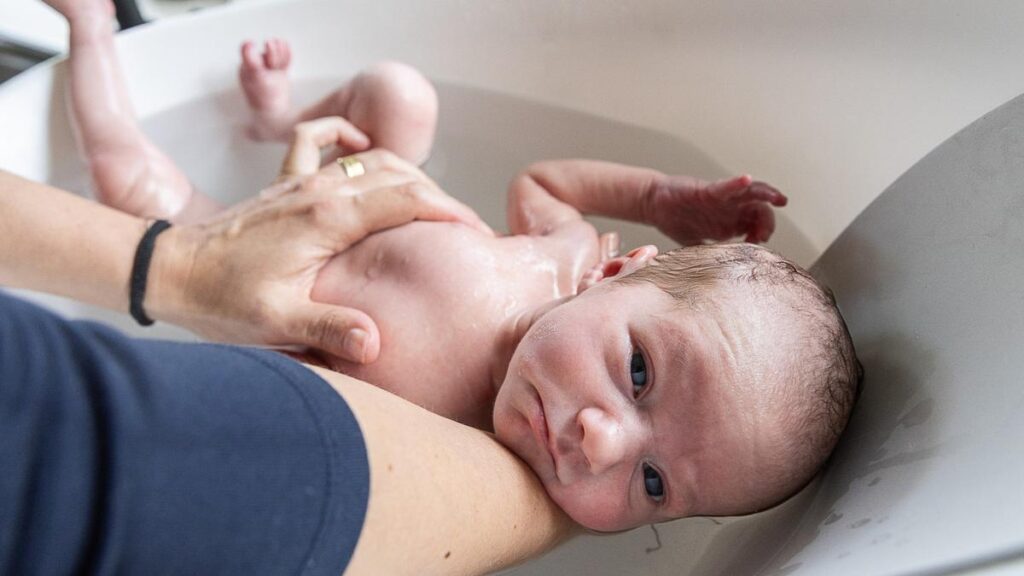
A groundbreaking study reveals that scientists may one day enable babies to be born without biological mothers. Researchers have developed a method to create human eggs from skin cells, potentially revolutionizing fertility treatments. This innovative technique, known as mitomeiosis, allows skin cells to transform into egg-like cells with the correct chromosomal structure, paving the way for fertilization and early embryo development.
According to a recent study published by a team from the MRC Centre for Reproductive Health at the University of Edinburgh, the process mimics natural cell division. Researchers successfully produced 82 functional eggs in laboratory tests, with approximately 9 percent reaching the blastocyst stage of embryo growth. This breakthrough holds promise for women who have lost their eggs due to age or illness, as well as for couples seeking alternatives to traditional reproductive methods.
Professor Richard Anderson, deputy director of the MRC Centre, emphasized the significance of this discovery. “The ability to generate new eggs would be a major advance,” he stated. “This study shows that genetic material from skin cells can be used to generate an egg-like cell with the right number of chromosomes to be fertilized and develop into an early embryo.”
While the research marks a significant milestone, experts caution that the findings are still in the early stages. Many of the produced eggs did not progress beyond fertilization, and some exhibited abnormalities. Professor Ying Cheong from the University of Southampton described the work as an “exciting proof of concept.” She noted, “While this is still very early laboratory work, in the future it could transform how we understand infertility and miscarriage.”
The implications of this research extend beyond individual couples facing fertility challenges. If further developed, this technology could offer new avenues for same-sex male couples wishing to have children together. The concept of creating viable human eggs from skin cells challenges traditional understandings of motherhood and reproduction, potentially reshaping societal norms in the process.
As scientists continue to refine this technique, the ethical and practical considerations will likely prompt significant discussions within the medical community and society at large. The prospect of generating human eggs from non-reproductive cells raises questions about the future of reproductive technology, the definition of parenthood, and the nature of human reproduction itself.
This study represents a significant step forward in the quest to expand reproductive options for individuals and couples experiencing infertility. With ongoing research and potential advancements, the dream of having children without biological mothers may become a reality in the future.







